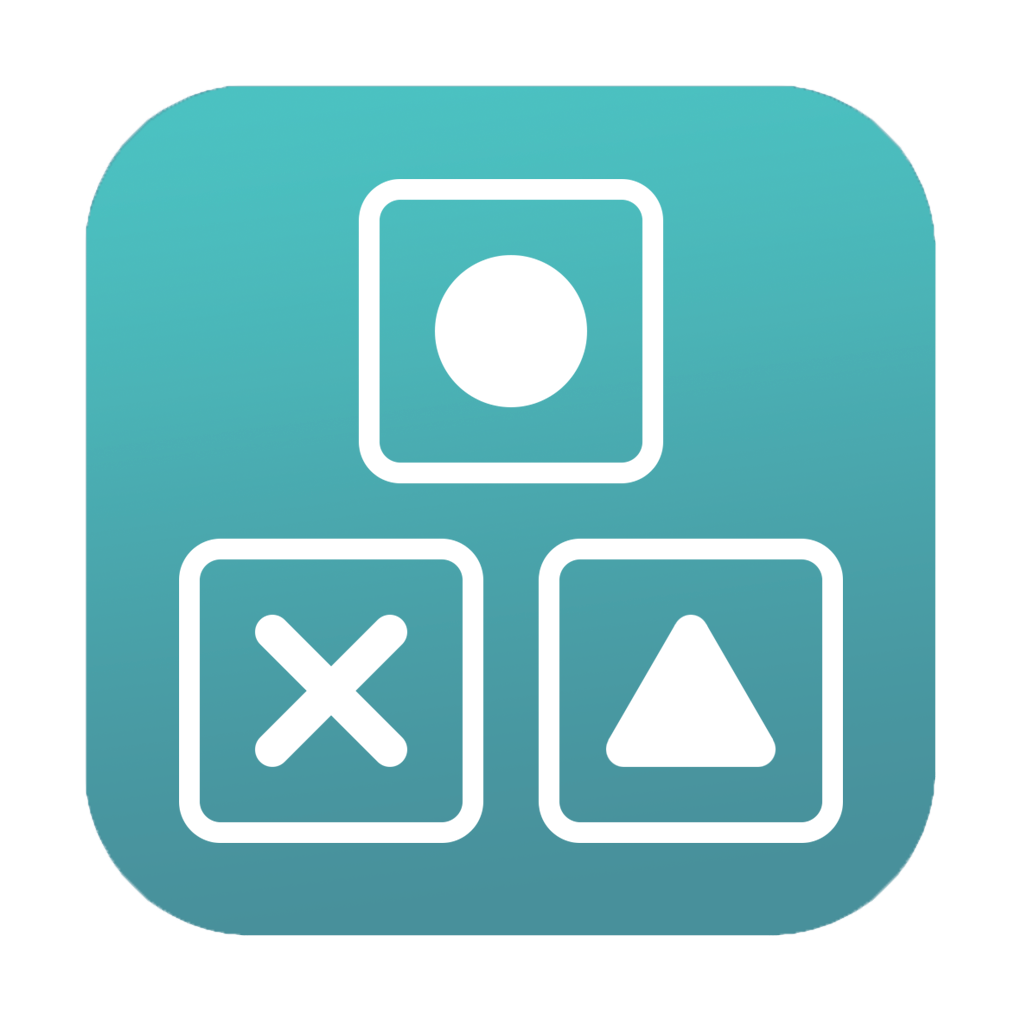Novel Word Learning: An Eye-Tracking Study. Are 18-month-old Late Talkers Really Different From Their Typical Peers?
Ellis, E. M., Borovsky, A., Elman, J. L., Evans, J. L.
Journal of Communication Disorders, 2015
Abstract: Infants, 18-24 months old who have difficulty learning words compared to their peers are often referred to as "late talkers" (LTs). These children are at risk for continued language delays as they grow older. One critical question is how to best identify which LTs will have language disorders, such as Specific Language Impairment (SLI) at school age, in order to maximize the opportunity for early and appropriate intervention and support. Recent research suggests that LTs are not only slower to learn and speak words than their peers, but are also slower to recognize and interpret known words in real time. This investigation examined online moment-by-moment processing of novel word learning in 18-month-olds. A low vocabulary, late talking group (LT, N=14) and an age and cognitive-level matched typical group (TYP, N=14) of infants participated in an eye-tracked novel word learning task and completed standardized testing of vocabulary and cognitive ability. Infants were trained on two novel word-picture pairs and then were tested using an adaptation of the looking while listening paradigm. Results suggest that there are differences between groups in the time-course of looking to the novel target picture during testing. These findings suggest that LTs and typical infants developed strong enough representations to recognize novel words using traditional measures of accuracy and reaction time, however interesting group differences emerge when using additional fine-grained processing measures. Implications for differences in emerging knowledge and learning patterns are discussed.

